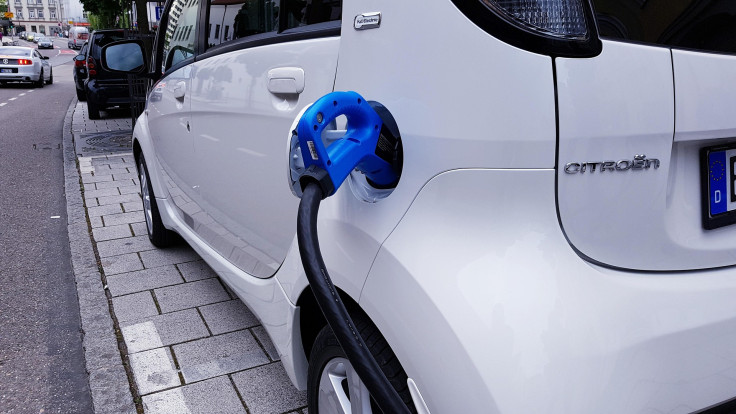British EV Drivers to Pay New Tax Based on How Far They Go Annually, Rachel Reeves Said
The taxes will allegedly add £1.8 billion by the 2031 budget

Chancellor Rachel Reeves may announce a new tax scheme for people who drive electric vehicles (EVs) at the Budget, sources who know about the matter said.
The BBC revealed that talks about the chances of having a new levy on EVs are strong within the government, as part of their plans to generate more taxes.
'Fuel duty covers petrol and diesel, but there's no equivalent for electric vehicles. We want a fairer system for all drivers,' a spokesperson told the news site.
The source's statement resonates with an earlier report posted in the Daily Telegraph claiming that the Budget may include a new pay-per-mile charge for users of EVs.
The report also claimed that EV drivers could pay 3p per mile, aside from the other road taxes. It means that those who will drive from London to Edinburgh on a regular basis will have to pay an additional £12 ($16) per way.
Meanwhile, the drivers of hybrid cars will also experience the additional taxes, but at a lower rate.
Based on the proposal's description, EV owners should know how to estimate and pay for their road use throughout the year. If they paid more than what they used at the end of the year, the remaining amount may carry over for the next year.
The taxes will allegedly add £1.8 billion (approximately $2.3 billion) by the 2031 budget, a report from The Sun said.
How Much Do Average EV Drivers Pay in Tax?
On average, EV drivers pay an additional £250 (approximately $330) a year. It is cheaper compared to those who drive diesel or petrol-powered cars.
Hybrid car drivers, who use electric power combined with an internal combustion engine, may get a lower per-mile rate compared to zero-emission vehicles.
Just this April, EV drivers added Vehicle Excise Duty tax worth £195 ($257) for a standard car annually, while typical petrol and diesel drivers shell out approximately £480 ($634) a year in fuel duty.
Possible Opposition
Brits can expect to see some criticisms from politicians regarding this new tax scheme.
According to Shadow Chancellor Mel Stride, it may 'be wrong for Rachel Reeves to target commuters and car owners in this way just to help fill a black hole she has created in the public finances.'
Previous governments reportedly opted not to upset the motorists and froze plans for the proposed inflation-linked fuel duty.
Also, the British government featured how they invested £4 billion to back up EVs 'including grants to cut upfront costs by up to £3,750 per eligible vehicle.'
A spokesperson from the government also said, 'Just as it is right to seek a tax system that fairly funds roads, infrastructure, and public services, we will look at further support measures to make owning electric vehicles more convenient and more affordable,' the spokesperson shared.
Meanwhile, AA president Edmund King mentioned that while the government was having a hard time collecting the full fuel duty revenue, they must 'tread carefully unless their actions slow down the transition to EVs.'
Reeves is expected to announce the new road tax scheme on 26 November. It will be implemented sometime in 2028.
© Copyright IBTimes 2025. All rights reserved.





















